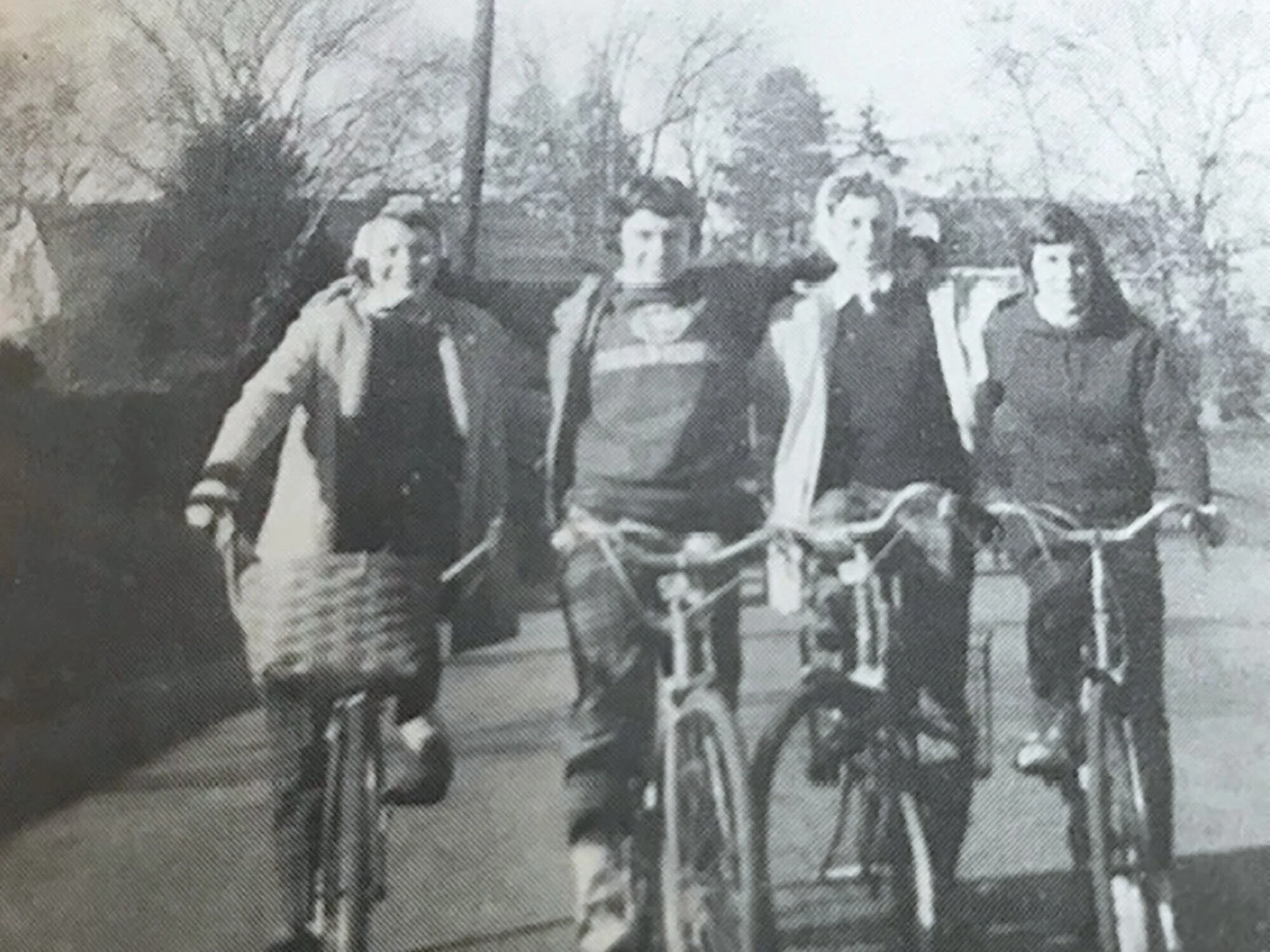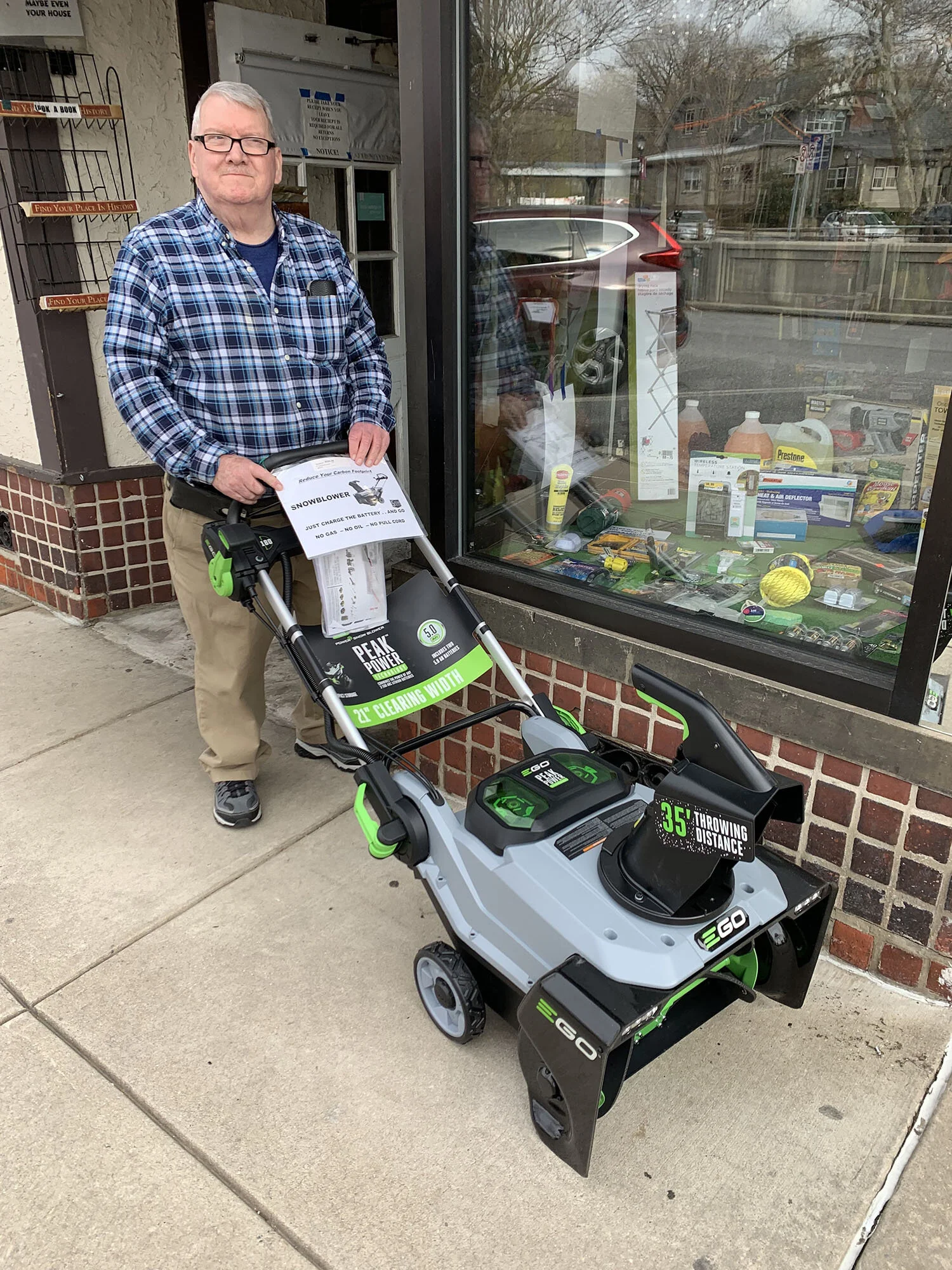All tagged 2020/06
Steve Ushioda recently unearthed this letter he wrote to the Swarthmorean in 2011 that was, for some reason, never published. It seems sufficiently relevant that we decided to publish it now, nine years later.
Fort Benedict Arnold?
This is the right time for Congress to rename the military installations that are now named for Confederate generals. It was never the right time to have named them after these men in the first place.
Crum Ruins memories: orchids and lunch
I was interested in the Crum Woods ruin memories recently in the Swarthmorean. I thought I’d add my own.
George Floyd, hourly workers, and Swarthmore
George Floyd’s death has brought racial intolerance and violence to the forefront of American attention, again. His death has ignited a national conversation on structural violence and racism. It should also ignite controversy over another issue that contributed to his vulnerability: his employment status. Floyd was a bouncer who was unable to work during the pandemic. He allegedly tried to pay at a grocery store using counterfeit money, and for that, if he did it, he lost his life. Thinking about the casual workers who come into Swarthmore every single day, I can’t help but wonder: What is keeping them afloat during the pandemic?
White fragility at home
A letter in the June 12 issue of the Swarthmorean, obliquely referencing the recent racist incident at Strath Haven High School and its aftermath, managed to discuss the topic at length without ever acknowledging the victims — the minorities in our community who continue to be deeply wounded by these events. What does the larger white community owe to them? Sociologist Robin Diangelo’s “White Fragility” is among the books on race being recommended following the killing of George Floyd.
Protect your trees!
Now is the time for homeowners to protect their trees from the invasive spotted lanternfly (SLF). From egg cases that were dormant over the winter, distinctive nymphs are emerging — small, black, with a random pattern of white spots covering their bodies. In a later stage, the nymphs become mostly red and black. Nymphs cannot fly, they crawl (and they can jump!), and will travel up and down the trunks of the trees. They feed by sucking out the sap of the tree, weakening it, and over time potentially killing it.
Pomp and unforeseen circumstances
Our son graduated from Strath Haven High School last Friday, and this community helped make it a day to be remembered. Yes, there is a pandemic. Yes, it rained, so the graduation had to be indoors. But our neighbors in Wallingford, Swarthmore, Rutledge, and South Media showed us what community and kindness and hope and love are all about.
Bring the music back
As musicians who lost all our scheduled jobs as a result of COVID-19, we’ve been watching with interest and caution as businesses and services begin to take small, careful steps to reopen operations safely. Among our cancelled musical performances were some scheduled appearances at farmers’ markets throughout the area. As these markets begin to reopen with appropriate restrictions, we encourage them to consider resuming live music.
Charlie’s hardware: grass seed, umbrellas, and everything else you need
I want to give a shout out to Charlie at the Swarthmore Hardware store, a small-town treasure in this time and others. He seems to be open all the time, has just what you need, and knows where it is.
In response to the tragic murder of George Floyd, I believe every municipality in the U.S. ought to be reviewing its police policies, whether it has a history of police misconduct or not. Thankfully, Swarthmore is a peaceful town, with no history, that I know of, of excessive force or biased detention and indictment. But we should not simply rest on our laurels.
We have recently seen in this community that when an “underdeveloped” personality is combined with an iPhone, the social punishment can be permanent. The destruction that follows requires willing accomplices, other people who will spread the offending message and attack and shame its young creator. Those accomplices, unfortunately, are plentiful and include many of us adults.
White Americans must fix it
“Don’t come into my community. Your work is in the white community.” Those were the words spoken at Pendle Hill by a black activist to a gathering of white activists for racial justice. I write in the hope that white Americans will do the work that it is ours to do.
We cannot be complicit
We, as members of the Interfaith Council of Southern Delaware County, Pennsylvania, affirm the interrelatedness of our communities and states. When an injustice occurs in our society, we find it imperative to not sit idly by.
Kindness at noon
Kindness at Noon (KAN) grew out of a homework assignment in one of the creative writing classes I teach in prisons. People behind bars have adopted this exercise as an anti-violence technique and use it as an alternative to conflict.











